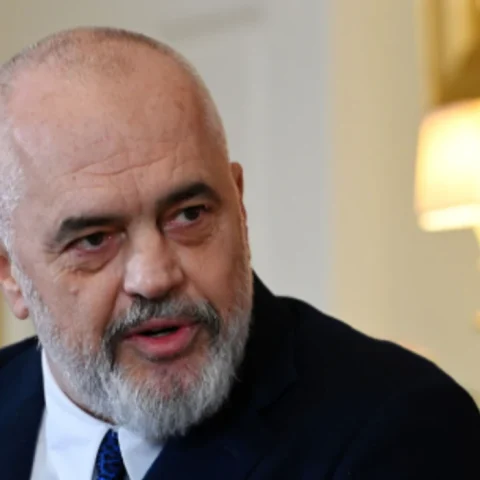TIRANA, March 11, 2022 – Hungarian companies have increased in number and investment size, doubling their presence in the Albanian economy in four years, according to official data.
In what is a first for a central European state, Hungarian businesses have become huge investors in key sectors such as banking and telecommunications in just four years.
Examples that show Hungary’s increasing importance as a strategic investor include OTP Bank’s purchase of the Albanian units of France’s Société Générale and Greece’s Alpha Bank. Moreover, Hungarian IT service management company 4iG took over 80 percent of Albtelecom and is expected to soon finalize the purchase of One Communications – which means two of three wireless carriers in Albania will be under Hungarian management.
In just five years, from 2015 to 2020, Hungary-based companies with investments or branches in Albania went from 15 to 34, according to Instat.
Based on the latest statistics of the Bank of Albania, in late 2021, Hungarian investments reached the highest historical level of 110 million euros.
The value of Hungarian investments has increased by 22 percent compared to the same period a year ago. While compared to the end of 2018, the period when the Hungarian investment boom started in Albania, the value of Hungarian investments has increased by almost 37 times.
An analysis by Monitor magazine showed that in addition to huge investors like OTP Bank and 4iG there are also a myriad of smaller companies from Hungary now operating in the Albanian market.
“This shows that the arrival of large investors has had an effect on attracting smaller enterprises and expanding the presence of Hungarian capital in Albania,” the analysis notes.
Such a tendency is not uncommon and has been observed in previous decades with Greek, Turkish, Italian or other companies with large private investors in Albania.
Especially the presence of an important commercial bank is a factor with considerable influence, as it gives interested businesses an access to the sources of financing of the Albanian market.
OTP Bank says its presence will most likely encourage Hungarian companies to do more business in Albania and with Albania, as they will be able to get access to financing and consulting with a partner they are already familiar with.
The increase of investments and Hungarian enterprises in Albania has also had an impact on an increase in the volume of trade exchanges, especially in Albanian exports after 2015.
In the last six years, Albania has exported an average of about 20 million euros each year to Hungary, while before 2015 exports had a very negligible value. Exports are concentrated mainly in the textile and footwear sector.










